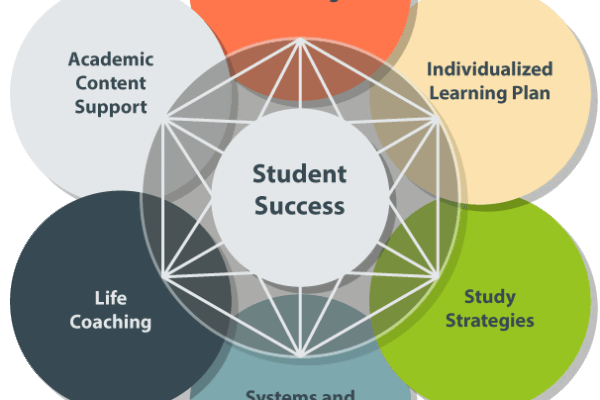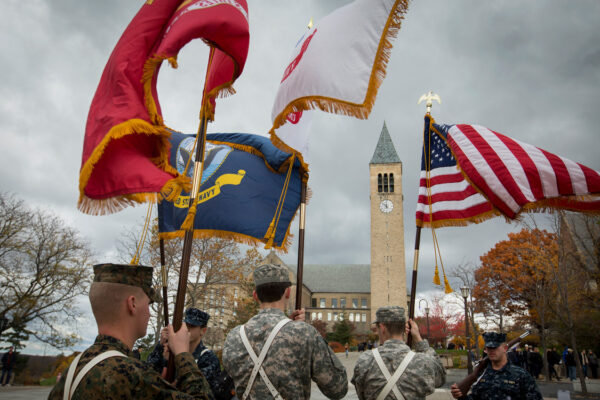ACE2019: Connecting Veterans with Quality Higher Education Institutions
With a growing number of veterans taking advantage of the GI Bill, it is critical for senior leaders on college and university campuses to continually stay abreast of the emerging opportunities and challenges of serving veterans in their successful higher education journey. An ACE2019 session on Monday discussed strategies for success and partnerships that are delivering value.
The panelists (Megan Andros, The Heinz Endowments; Jesse Raines, a veteran student from The University of Pennsylvania, Mike Haynie, Syracuse University, Christine Schwartz, Service to School, and Cartharine Bond Hill, Ithaka S&R) framed their discussion in terms of a broad, burning question, “Why should we be thinking and worrying about veterans going to higher education?” Their conversation and reactions to the question unfolded in terms of two broader themes: first from a business case, and second, the moral rationale.
The panel demonstrated consensus. Supporting veterans in their pursuit of higher education requires community, communication, collaboration, and partnerships, both internally and externally. For example, veterans are accustomed to small, close-knit groups. Navigating resources is a challenge for the transitioning service member, and oftentimes, institutions do not have the infrastructure in place. Institutions need to share their resources and lessons learned. Syracuse University reinstated a two-year degree program that had not been active, offering it as a pipeline pathway to their baccalaureate programs.
On the flip side, there are some challenging attitudes and perceptions from transitioning service members themselves regarding their capability and the reality, dream, or possibility that they could pursue education above and beyond an online learning experience. This insight, shared specifically by Jesse as his personal example, was a catalyst to a rich conversation on how higher education gets veterans to think more broadly about their opportunities. One very specific channel of communication and community recommended included building mentors and exemplars on campus—veterans serving veterans drawn from faculty, administrators, advisors, and other learners.
The panelists recognized a variety of challenges including the transition assistance program (TAP), the Veterans Affairs (VA) benefits process, and transfer credit. In fact, participants noted that transfer credit for veterans isn’t always about their military training and education, but rather the courses completed at other institutions. As academic institutions create infrastructure, they also have to balance the nuances, compliance, and expectations from the various federal agencies.
The panelists emphasized the need for tracking veteran data in terms of outcomes and impact—specifically, veteran degree completion and their status in the community as alumni. There was exchange that by supporting the veteran population, colleges could serve as a potential to bridge the political division of the country.
Wrapping up the session, the panelists each offered these concluding thoughts:
- Articulate the value of veterans on campus. College campuses educate the next generation and without veterans, they are missing opportunities for potential future leaders and their impact on other students.
- No two veterans look alike. Veterans have varying years of experience, backgrounds, and expectations. Don’t assume.
- Collect, analyze, and report the data, including tracking veterans after graduation. Data are critical to building resources for veterans. Data helps build a better case for philanthropy.
- Higher education is about bringing different backgrounds together and building student diversity. The experience of veterans is essential to that diversity.
Notable resources referenced during the conversation included:
Syracuse University Veterans Research
Ithaka S&R – Improving Opportunities for Veterans
—Michele Spires
If you have any questions or comments about this blog post, please contact us.


